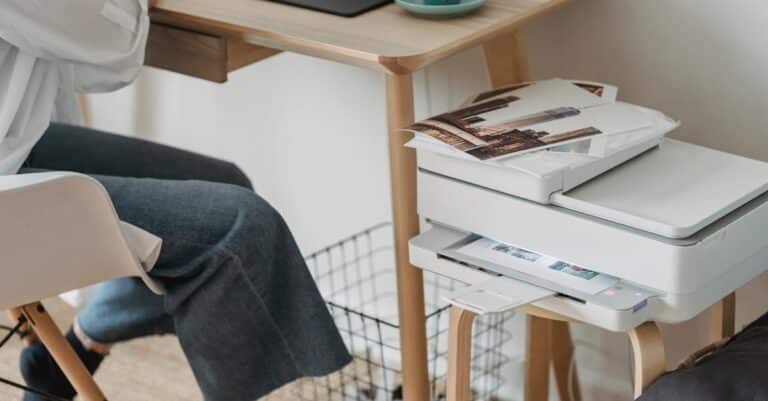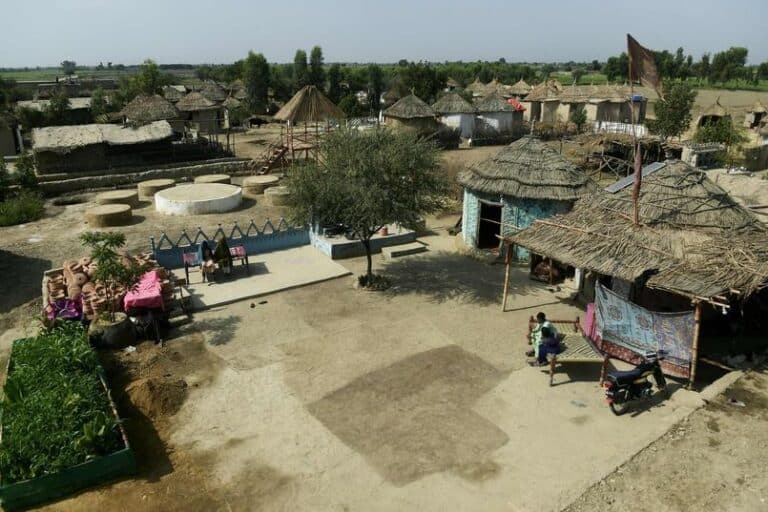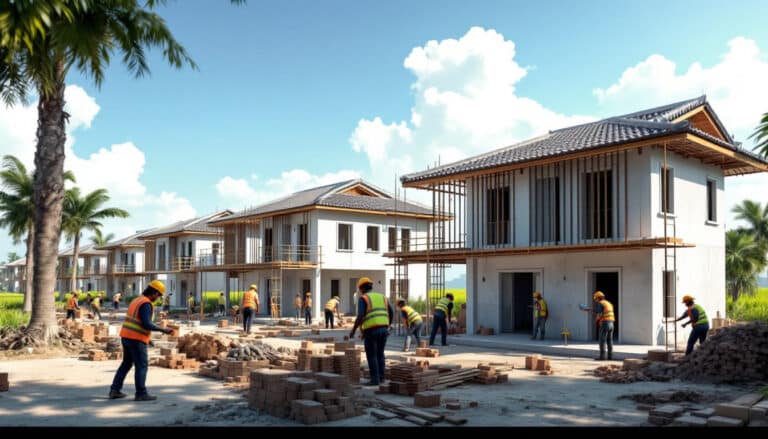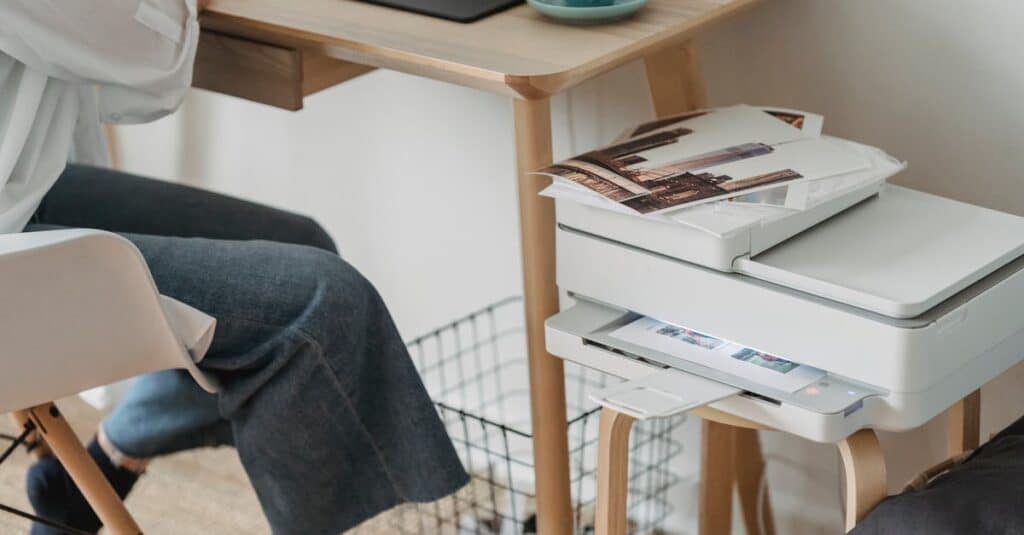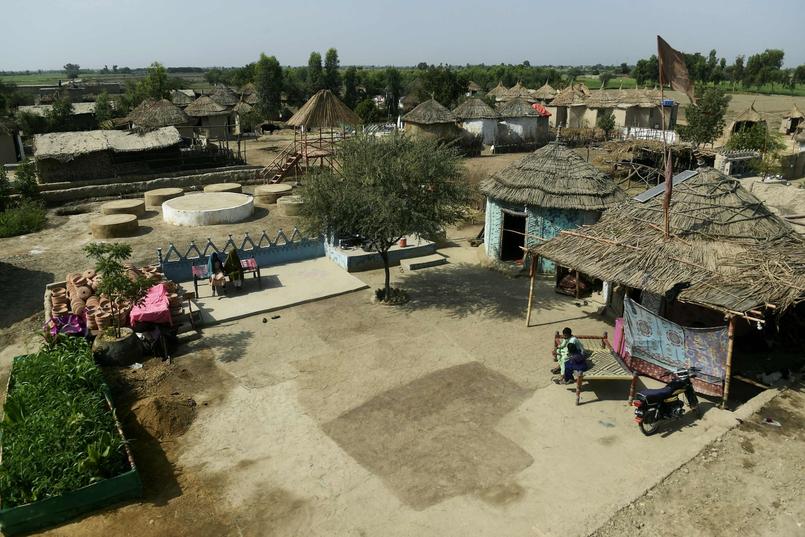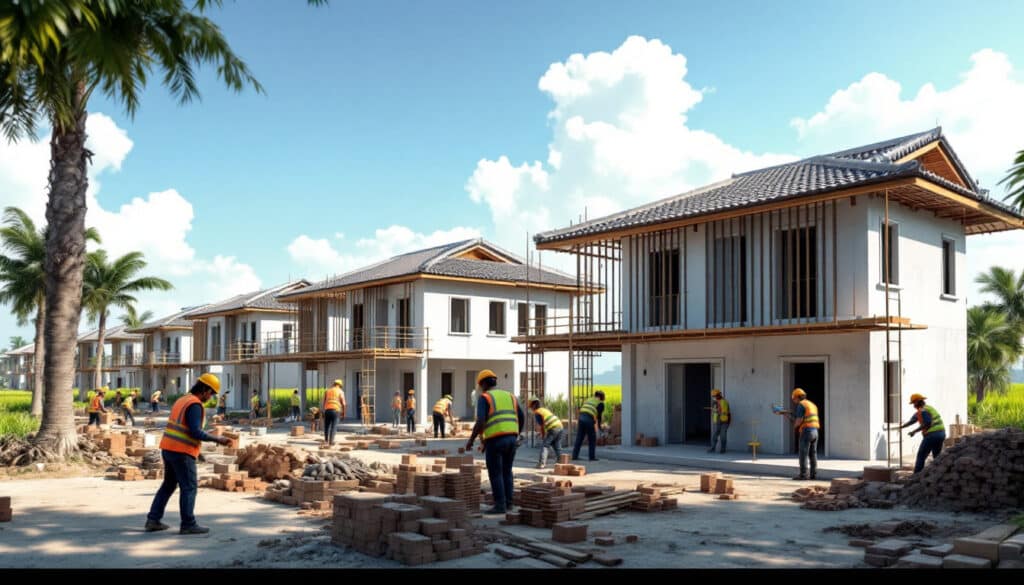Innovation and technology combined are unlocking new opportunities in many sectors, and3D printing stands out as an essential catalyst. An American company, a pioneer in the design ofwind turbines, is making impressive advances using advanced printing techniques. This revolutionary method makes it possible to optimize prototypes, accelerate the design process and quickly test innovative models. The use of 3D printing goes far beyond simple manufacturing; it redefines the issues ofrenewable energy. With this approach, the future of wind turbines is taking shape in a new light, combining unprecedented efficiency and performance.
3D printing plays a determining role in the revolution of the design ofwind turbines in the United States. A company, Gulf Wind Technology, takes advantage of additive manufacturing solutions from Stratasys to optimize the design process of its turbine models. Through the adoption of technology ALS, the time needed to finalize a design is reduced from 30-40 days to just 3-4 days.
This advancement allows testing of specialized features, such as pressure taps for real-time airflow data, and generate a much larger amount of data in less time. By integrating 3D printing, Gulf Wind improves its efficiency and innovation capacity. This approach illustrates how additive manufacturing is gradually becoming established alongside traditional methods, while maximizing the energy efficiency of these devices in specific applications such as those in the Gulf of Mexico.

Gulf Wind Technology, a company based in the United States, has integrated the3D printing in its design processes to transform the creation of its wind turbines. Thanks to this additive technology, the teams managed to reduce the time needed to produce prototypes of wind turbine models. In fact, what previously required 30 to 40 days to arrive at a final version now only takes 3 to 4 days.
Table of Contents
ToggleBenefits of 3D printing in wind turbine design
The use of3D printing also allows Gulf Wind to design specialized features that are impossible to achieve using traditional methods. This innovation includes elements such as pressure capsules integrated, providing real-time airflow data. The advantages of this method are significant, not only for production time, but also for the quality of the tests carried out, resulting in increased efficiency.
Impacts on the wind energy sector
By integrating the3D printing, Gulf Wind Technology explores new frontiers in the wind power sectorwind energy. Their engineers use techniques inspired by the automobile to optimize the design of the rotors. Therefore, they are able to test different aerodynamic wing designs quickly, thus promoting the efficient use of wind energy in varied contexts.



